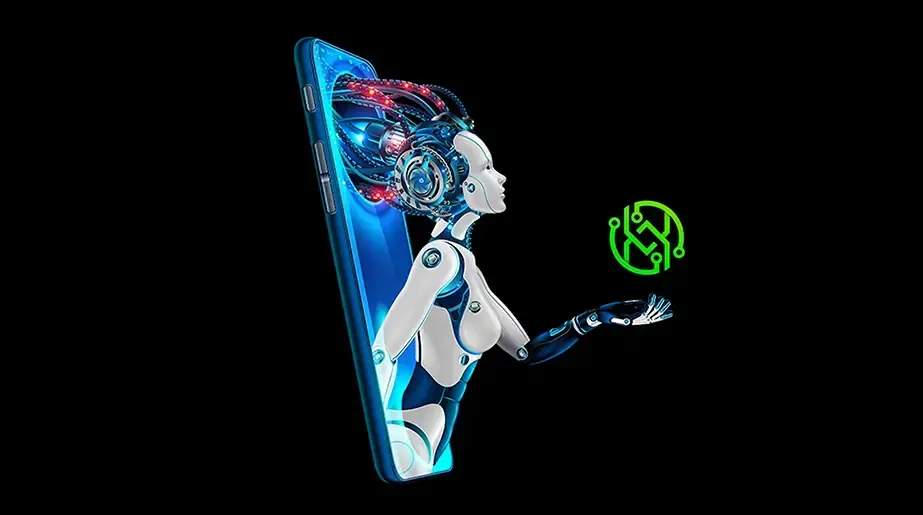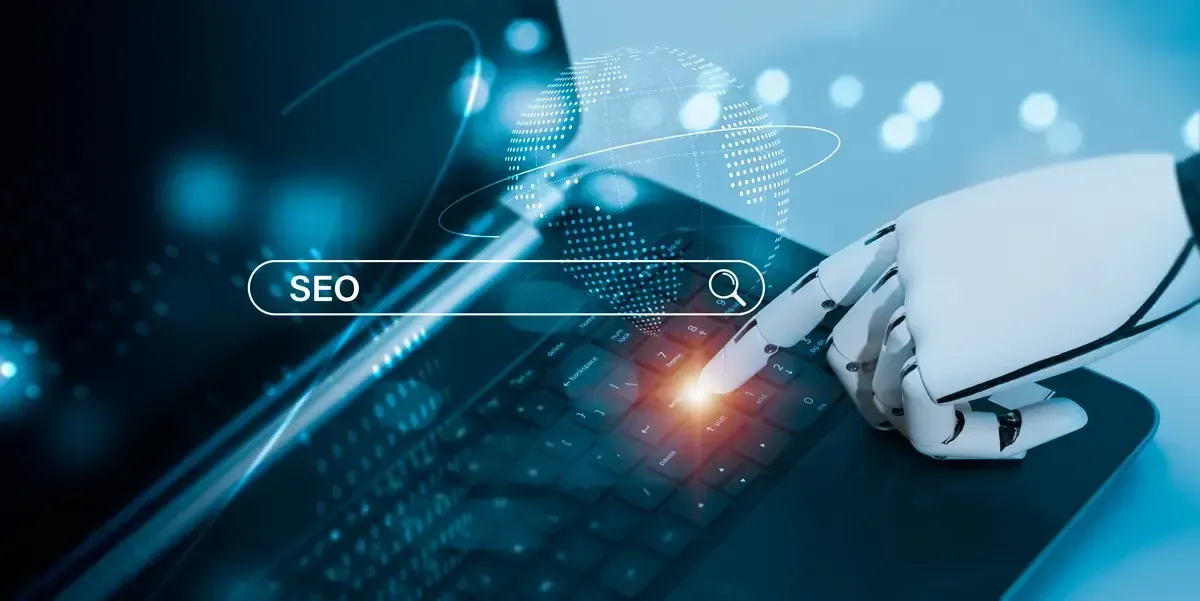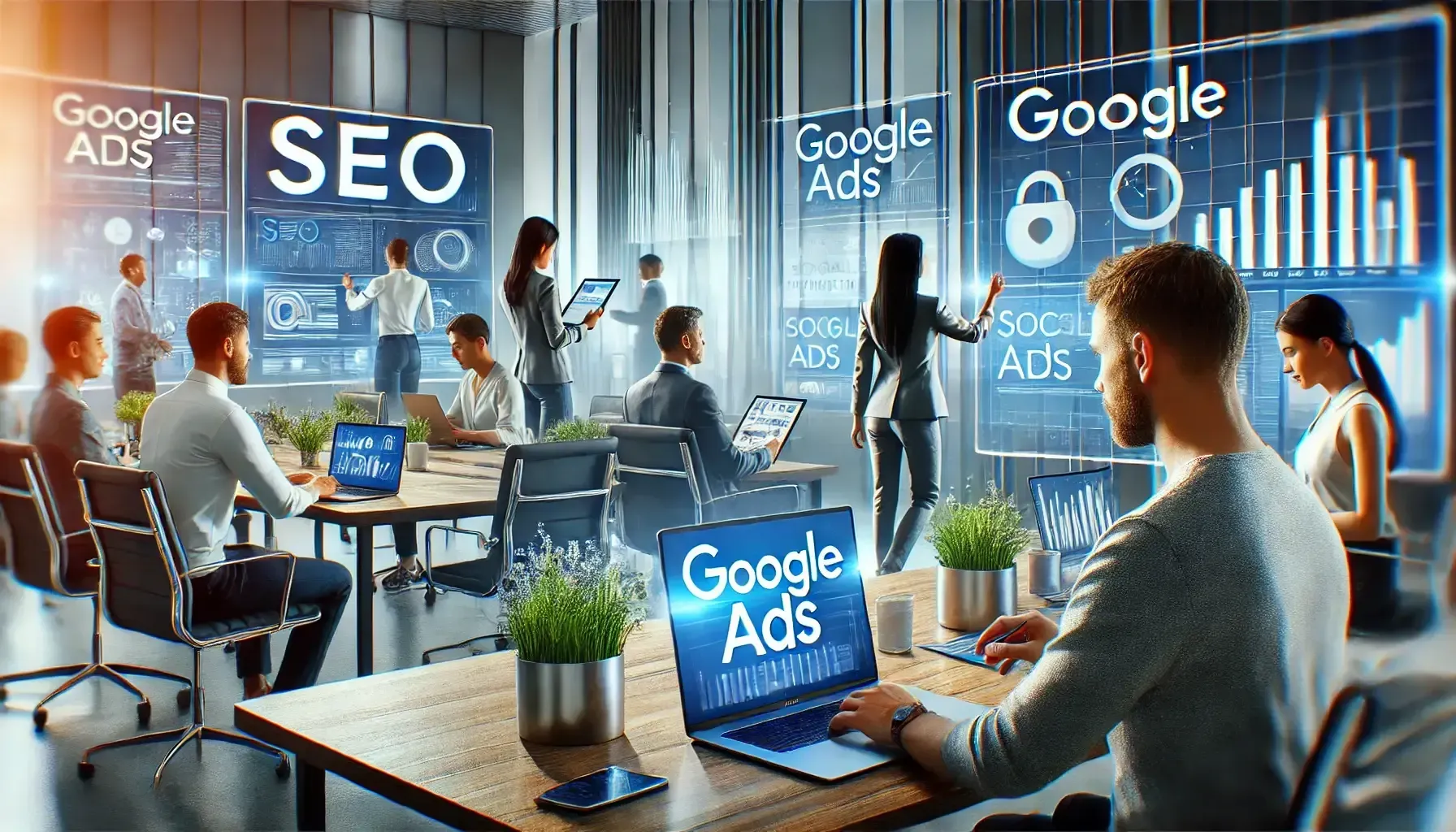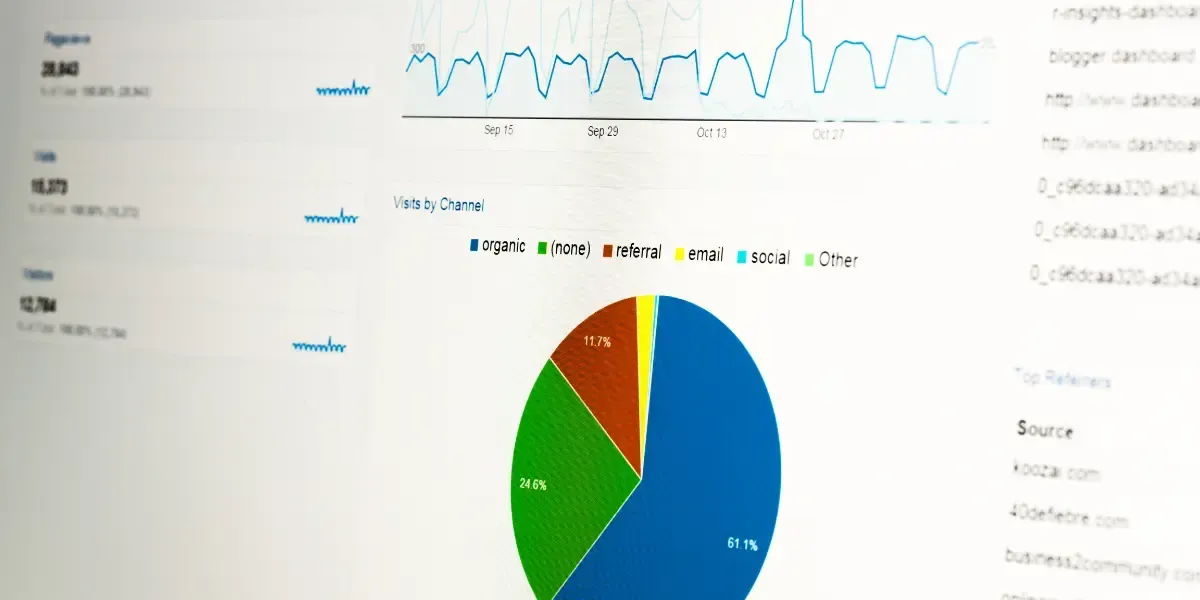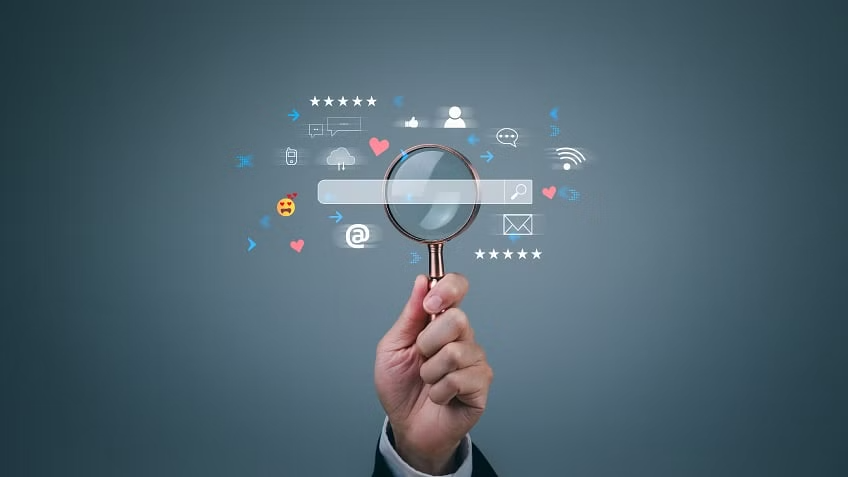Will Ai Replace Digital Marketing
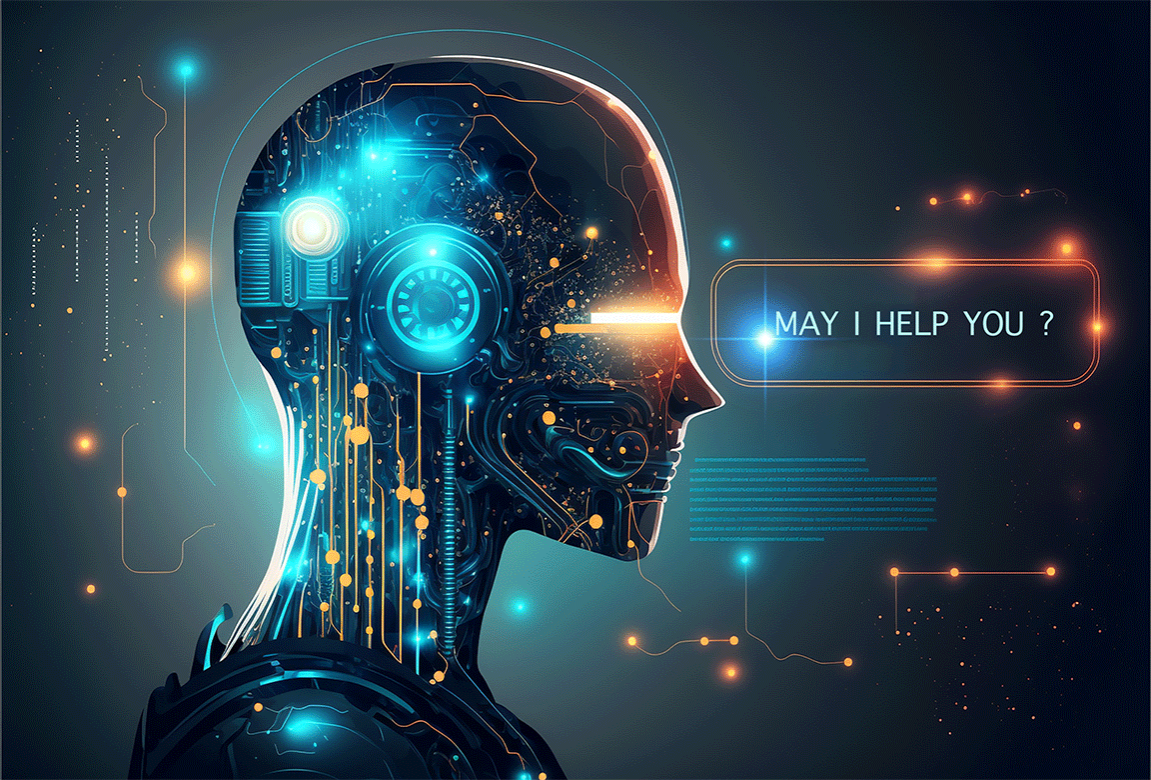
Digital marketing is one of the most critical aspects of the modern business world. It has become an essential tool for businesses to reach customers, build relationships, and increase revenue.
Contents
- What is AI?
- How will AI enable Digital Marketing?
- AI-Powered Digital Marketing Tools
- Digital Marketing Trends with AI
- Will AI Replace Digital Marketers?
- Conclusion
Listen to the Podcast version below.
One thing is for sure, Artificial Intelligence (AI) is revolutionizing digital marketing, allowing marketers to deliver more effective campaigns faster.
What is AI?
Artificial Intelligence (AI) refers to developing computer systems that can perform tasks that typically require human intelligence, such as visual perception, speech recognition, decision-making, and language translation.
AI is achieved through machine learning, natural language processing, and robotics. Machine learning is a subfield of AI that involves the development of algorithms that allow computers to learn from data without being explicitly programmed.
Natural language processing involves teaching computers to understand and interpret human language, while robotics consists in designing machines that can perform physical tasks.
AI has many real-world applications, such as self-driving cars, virtual assistants, fraud detection, and personalized marketing. As technology advances, AI will play an increasingly important role in many industries and aspects of our daily lives, such as how companies market to consumers using digital marketing.
How will AI enable Digital Marketing?
AI offers tremendous potential to enhance digital marketing strategies by, in particular, helping marketers better understand their audiences and providing more personalized experiences.
AI can also help marketers automate tedious but necessary tasks, allowing them to focus on more creative aspects of their craft. For example, AI can generate customer segmentation models that help marketers target their campaigns more effectively.
AI has already made a significant impact in the field of digital marketing services. Chatbots are one example; they allow companies to offer 24/7 customer service with automated service and sales responses tailored to each individual’s needs.
In addition, AI is used for natural language processing (NLP) applications, such as generating content for websites, social media and search marketing strategies. This technology can help interpret customer conversations to provide more meaningful insights into customer behaviour. This insight allows marketers to design more effective campaigns with better-tailored messages for each customer segment.
AI-Powered Digital Marketing Tools
AI powers many tools that digital marketers can use to enhance their strategies. For example, AI automated chatbots automate customer service inquiries.
At the same time, predictive analytics tools help marketers gain insights into customers’ needs and behaviour, which allows digital marketers to generate personalized content recommendations for customers, assisting customers in finding the most relevant products and services quickly.
Digital Marketing Trends with AI
As AI evolves rapidly, digital marketing will become increasingly automated and personalised. Marketers will have more access to data than ever, allowing them to develop more informed strategies tailored to each customer’s needs.
As AI-powered tools become more advanced, they will allow marketers to focus on creative aspects of their craft, such as developing compelling stories and engaging visuals. In the near term, we expect to see more sophisticated chatbots that can respond to customer questions in real-time.
We will likely see advancements in predictive analytics tools that give marketers more profound insights into their customers’ behaviour and needs.
Finally, AI-powered personalisation tools will become more advanced and help marketers deliver custom content recommendations for their customers. With these advancements, digital marketing will become increasingly automated and personalised, offering unparalleled customer service and satisfaction.
Will AI Replace Digital Marketers?
Although AI has the potential to automate many of the tasks associated with digital marketing, likely, it will only partially replace digital marketers. AI tools still need to be improved in their ability to understand customer intent and preferences fully, and as such, they will remain dependent on human input.
Additionally, creative aspects of digital marketing, such as storytelling, SEO copywriting and aesthetics, will remain firmly in the hands of human marketers. Therefore, while AI may automate parts of the job, digital marketers should rest assured that they are here to stay (for now).
Conclusion
AI has the potential to revolutionize digital marketing by providing marketers with valuable insights into customer behaviour, automating mundane tasks, and helping them develop more effective campaigns. AI-powered tools are becoming increasingly sophisticated, freeing marketers to focus on the creative aspects of their craft.
While it is unlikely that AI will ultimately replace digital marketers, it is clear that it will play an essential role in shaping the future of the industry.
Digital Blog
